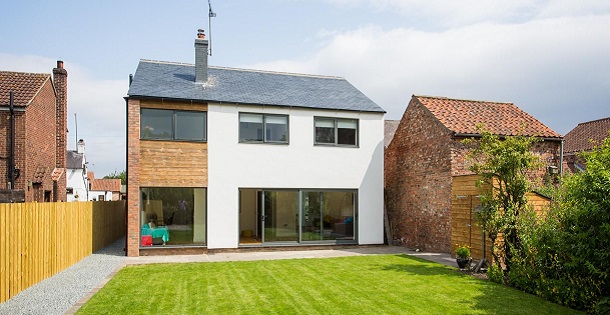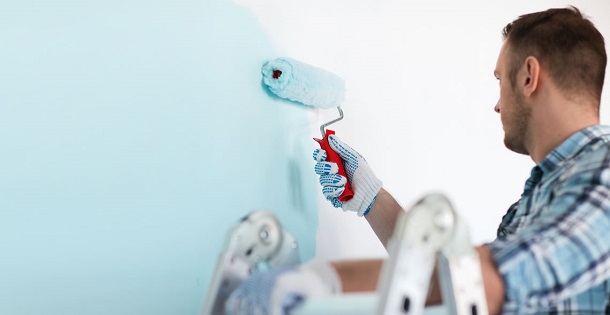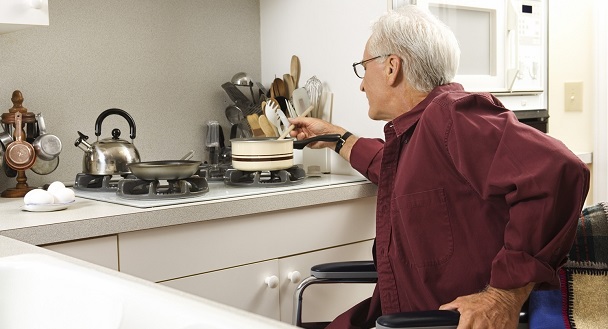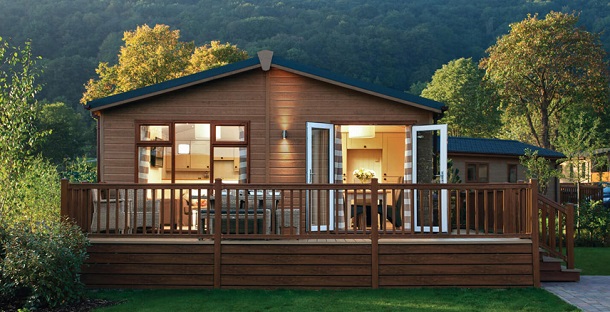
Buying a new home, especially if you are a first-time buyer can be very overwhelming. The home buying process is lengthy, and complications can occur. It is often the biggest purchase of your life, and all the decisions you make during the process of buying your home can end up costing you or saving you a lot of money.
This guide covers all the steps involved in purchasing a home, and what to expect during the home buying process.
Know Your Budget And Find A Property
Before you head off to the estate agent or start trawling the web for your dream home, you should first know roughly what your budget is. If you are buying for the first time, you should have a good idea of what kind of mortgage you can get and what the monthly repayments are likely to be. If you are selling your current home to fund your new purchase, then you should know roughly how much you will get from your home and what kind of budget you can spend on a new property.
Once you have a good idea of what you can afford then you can begin looking for your new property. It can take time to find your dream home, so look online and get in touch with local estate agents and ask them to get in touch if any new properties fitting your criteria become available.
Remember that you will need to cover the deposit upfront, as well as mortgage fees, stamp duty, survey costs and legal fees.
Choose The Best Mortgage For You

Mortgage options
Arranging a mortgage can take a lot of time, and it is never too early to start the process. Shop around for the best deal as the interest rates can vary greatly between lenders. Once you have chosen a mortgage that works for you, then you can agree it as a mortgage in principle.
This will tell you how much that lender will offer you and the interest rate you will have to pay so you can then go and find your perfect home.
Always check your credit report before applying for a mortgage. This gives you the chance to check there are no errors on your credit score and give you an idea of the score lenders will look at when you apply.
Put An Offer In And Arrange A Mortgage
When you find a property you want to buy and have a mortgage in principle, then the next stage is to make an offer. This is usually done through a traditional high street or online estate agent. It is important to try and get yourself at the top of the buyer’s list, so they choose to sell to you.
You can do this by getting in your offer as quickly as possible and deciding exactly how much you want to pay for the property. You should already have your finances in order, and your mortgage arranged in principle before you make an offer. If your offer is agreed, then you just need to go back to your lender and complete the mortgage process.
Choosing your home is a big decision and should never be taken lightly. When you are looking at properties, ask lots of questions and take lots of pictures when you go for a viewing, so you can remember every detail to consider later.
Arrange Surveys And Solicitors

Once the offer has been agreed, you will need to hire a conveyancing solicitor to handle the legal side of things. A solicitor will deal with all the legal work around the property, and a surveyor will conduct surveys on the property to check it for any problems which could impact the cost of the home.
Your solicitor will also submit a search to the local council to double check there are no planning or local issues that could affect the value of the property. Each of these searches and surveys will have a cost involved so make sure you are aware of these.
Your solicitor should inform you how much you can expect to pay for their services. They may ask for an upfront deposit which is generally around 10% of their overall fee.
Finalise Your Offer And Mortgage
After all the survey results are back, you may want to consider renegotiating your offer with the seller. This might be due to problems with the property that you were not initially aware of, or the property being valued at a lower price than your offer.
Once you have finalised the offer with the seller, you can then complete your mortgage with your lender. You will likely be charged an arrangement fee for concluding the mortgage. At this stage, you can still change your mind and decide not to buy the property as you have not yet exchanged contracts.
This is the stage in the home buying process where complications are most likely to arise. You may not be able to agree on a final offer with the seller, your mortgage may be declined, or the seller might withdraw the property from the market.
Exchange Contracts And Complete
The final stage is to sign contracts and complete the sale. Before signing the contracts be sure to go through it all with your solicitor to make sure everything is correct. As this stage, you are committed to the sale, and you might be asked to pay a holding deposit for the property.
On completion, all the remaining money owed to the seller will be transferred between solicitors, and you will also need to pay all the relevant fees and charges.
As soon as contracts have been exchanged you should make sure you have home insurance in place to cover the property. Begin comparing quotes before exchanging so you are ready to get appropriate cover in place as soon as possible.



